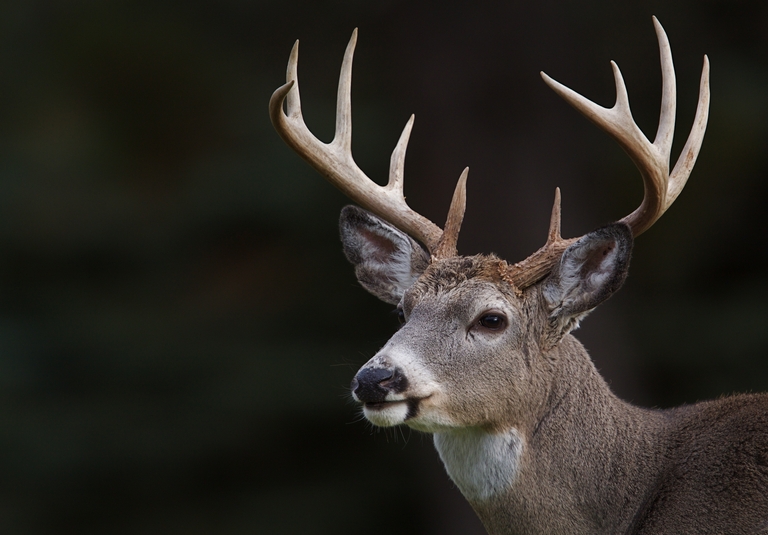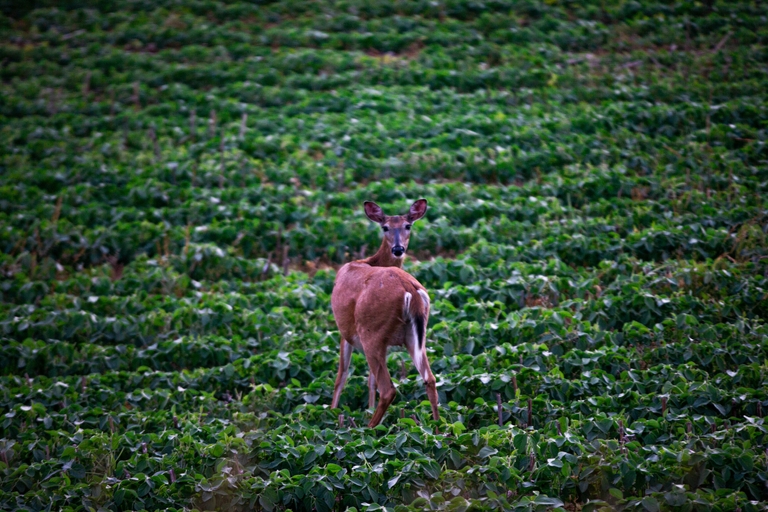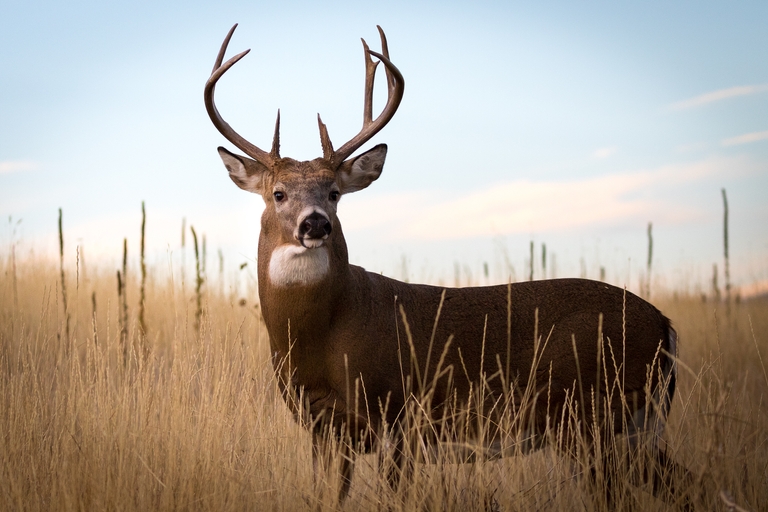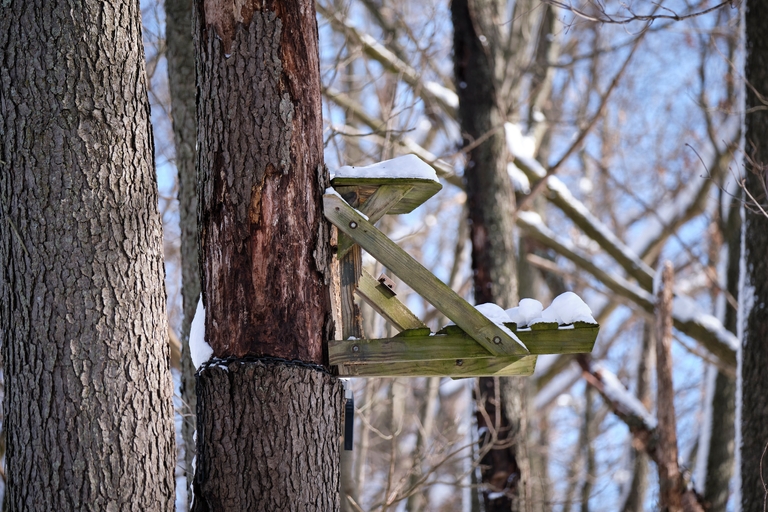Hunter Tip: How to Choose Rifle Scopes for Deer Hunting
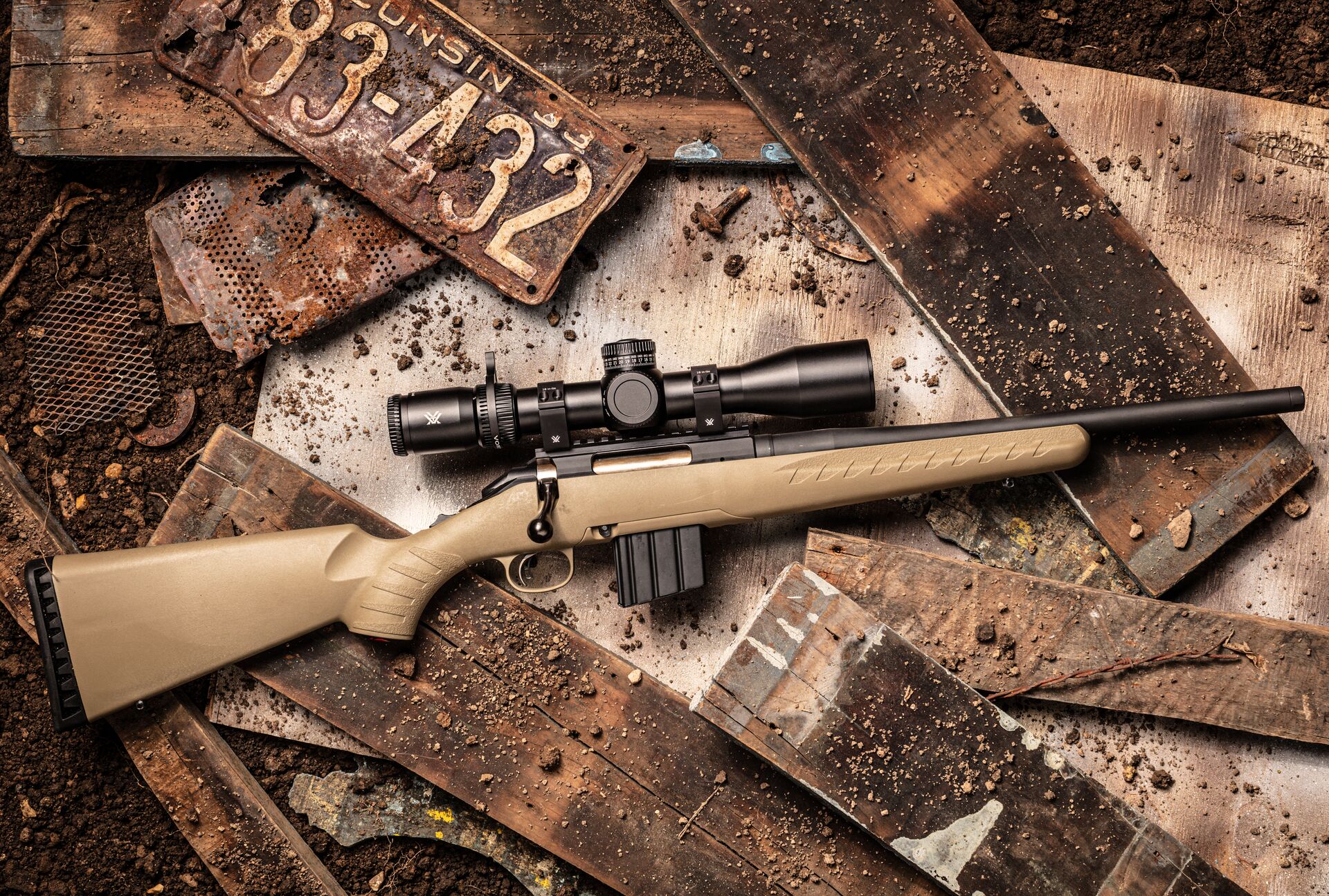
Choosing the best rifle scope for the job makes or breaks your hunt. Picking the right scope will give you the best chance to make good shots in challenging conditions.
When choosing a scope for a hunt, consider specs like magnification, lens quality, and durability. Let's learn how to look for one that matches where you are hunting and what you're after.
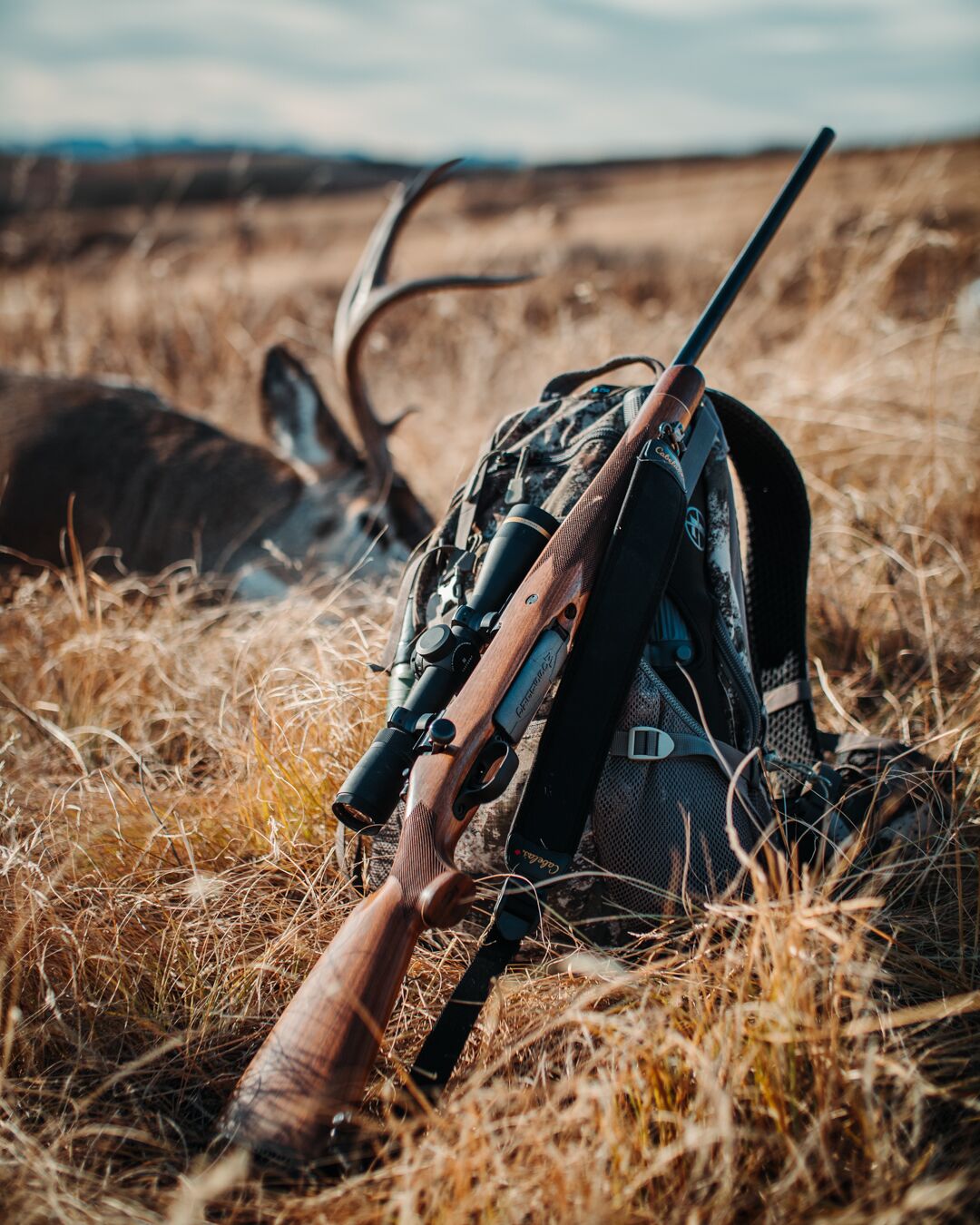
Understanding the Basics of Rifle Scopes
First, let's go over the basics. Choosing a scope requires understanding different magnifications, lens diameters, and more.
Magnification
Magnification is what makes a rifle scope useful. It determines how much larger the deer looks when aiming your rifle.
Typical scope magnification ranges from the medium scopes at 3-9x to 4-12x for longer shots.
In dense forests, you'll want a lower magnification (3-9x). This allows for quick target acquisition. However, higher magnifications (4-12x) are ideal for long-distance shots in open fields.
Objective Lens Diameter
The "objective lens" determines the amount of light let into the scope, affecting visibility, especially in low-light conditions like early morning or dusk.
Larger lenses like 50mm offer better light transmission, but they also increase the weight of the scope.
Reticles
When selecting a reticle (or those crosshairs you see when looking through the scope), consider your hunting needs:
- Duplex Reticle: Simple and widely available, this reticle is ideal for most deer hunting situations.
- BDC (Bullet Drop Compensation) Reticle: Perfect for long-range shots. BDC reticles compensate for bullet drop over distance.
- Mil-Dot Reticle: Capable of precise distance calculations and adjustments — particularly helpful for true expert shooters.
Different ones work for different hunting environments and ranges, so choose the type you need most.
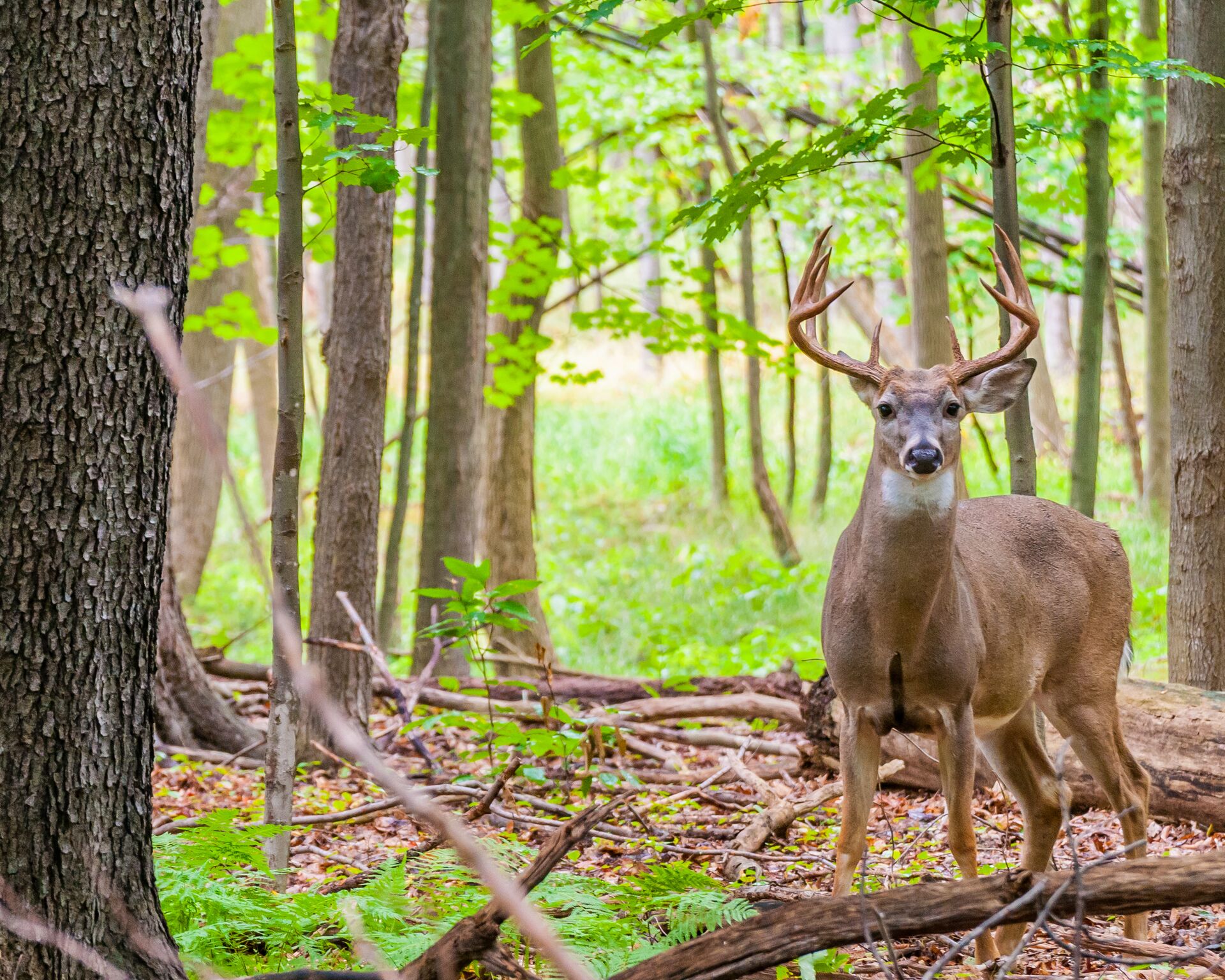
Consider Your Hunting Environment
Depending on where you are hunting, there are two important things to take into account.
Close Range vs. Long Range
A scope with lower magnification is good in close-range environments like dense forests. On the other hand, long-range hunting in wide-open spaces requires a higher magnification to get your shot on target.
Light Conditions
Going on an early morning or late evening hunt means needing a scope with excellent light-gathering capabilities. Scopes with illuminated reticles or larger objective lenses are needed for full clarity when natural light is limited.
Durability and Weather Resistance
Solid, well-built scopes can handle anything thrown at them. Consider these things when considering a scope's durability through potentially harsh hunting conditions.
Build Quality
A well-built scope can withstand the rigors of a tough hunt. Look for rugged scopes made from high-quality materials that can handle knocks, drops, or rough terrain without losing their zero.
Weatherproofing
Weather is always an issue when considering your equipment for a day in the field.
Look for a waterproof, fog-proof, and shockproof scope. These features allow the scope to perform well in rain, snow, or humidity.
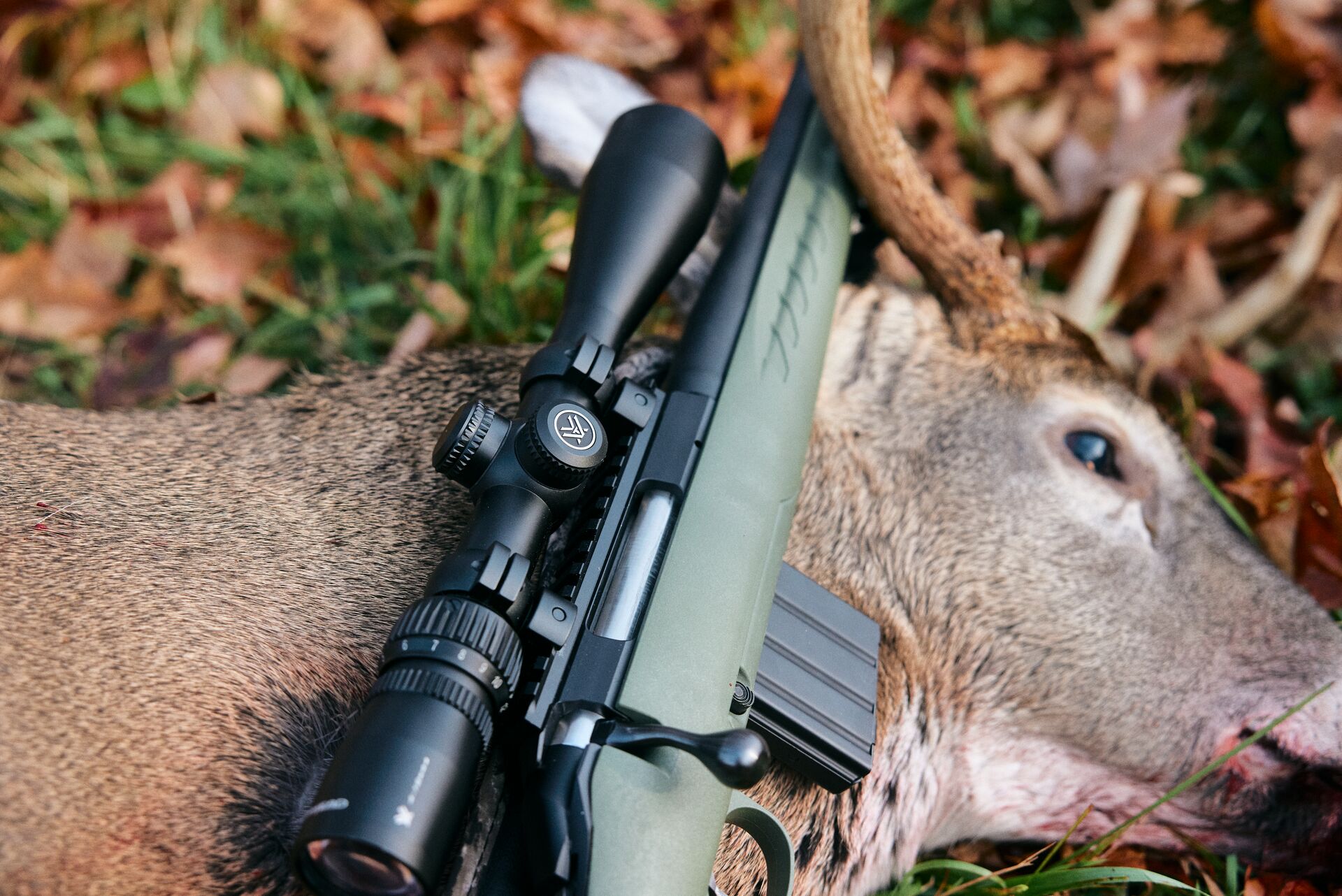
Budget Considerations
Budget plays a huge role when picking a scope. While high-end scopes often provide superior optics and durability, not everyone needs one.
Balancing cost with performance is vital. Here's a breakdown of what to consider:
- High-End Scopes: These offer enhanced optical clarity, better light transmission, and robust build quality. Ideal for long-range and serious hunts.
- Budget Scopes: While more affordable, these lack advanced features. However, they can still offer decent performance for many hunters.
It all boils down to what you need, and let's be honest, millions of deer have been killed with 3-9x scopes that cost less than several boxes of .270 ammo.
Scope Mounting and Compatibility
Proper scope mounting is important. A misaligned or loose scope can ruin a hunt.
Different rifles require specific mounting systems, so check for compatibility between the scope and your firearm.
Also, be aware of eye relief. This is the distance between a hunter's eye and the scope required to see the full, clear image. High-recoil rifles need adequate eye relief to prevent injury.
Field Test It
Before committing to a scope, testing it in real-world conditions is wise. This lets you assess its performance and know what you like or dislike.
Try before you buy by renting a scope at the range or borrowing one from friends to get a feel for different types and models. Once you've chosen a scope, invest time practicing with it to become familiar with its controls and adjustments, which will enhance your hunting efficiency.
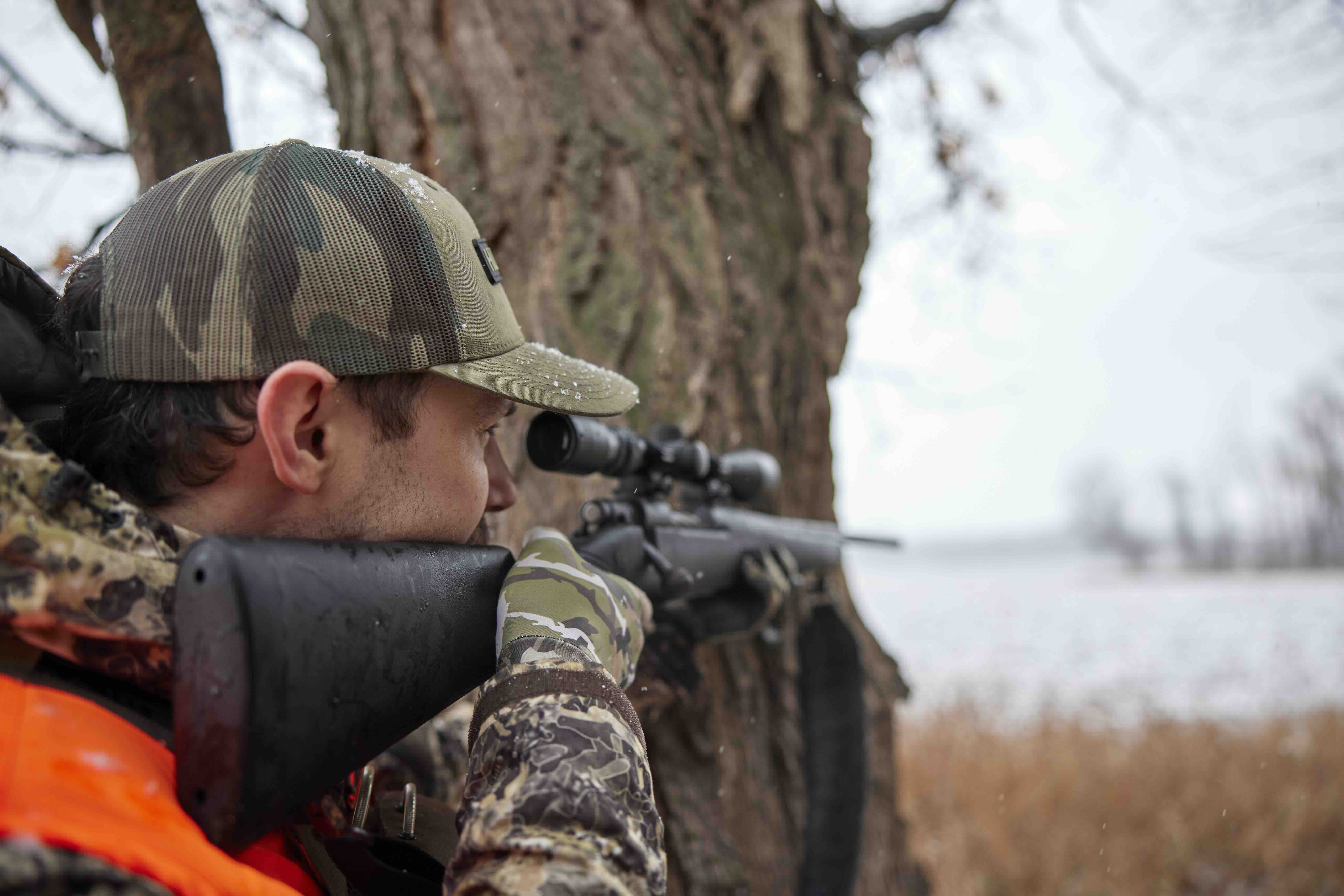
Additional Considerations
Magnification and lens clarity are important, but there are several more things to keep in mind before purchasing a rifle scope.
These factors include:
- Adjustability: Look for scopes with easily adjustable dials for windage and elevation, which can be crucial in field conditions.
- Weight and Size: Heavy scopes can affect the rifle's balance and handling and can be hard to carry all day.
- Warranty and Support: Pick one that comes with a reliable warranty.
When preparing for a hunt, consider things hunters usually overlook — like carrying a heavy scope all day. These details can be a game-changer in the field.
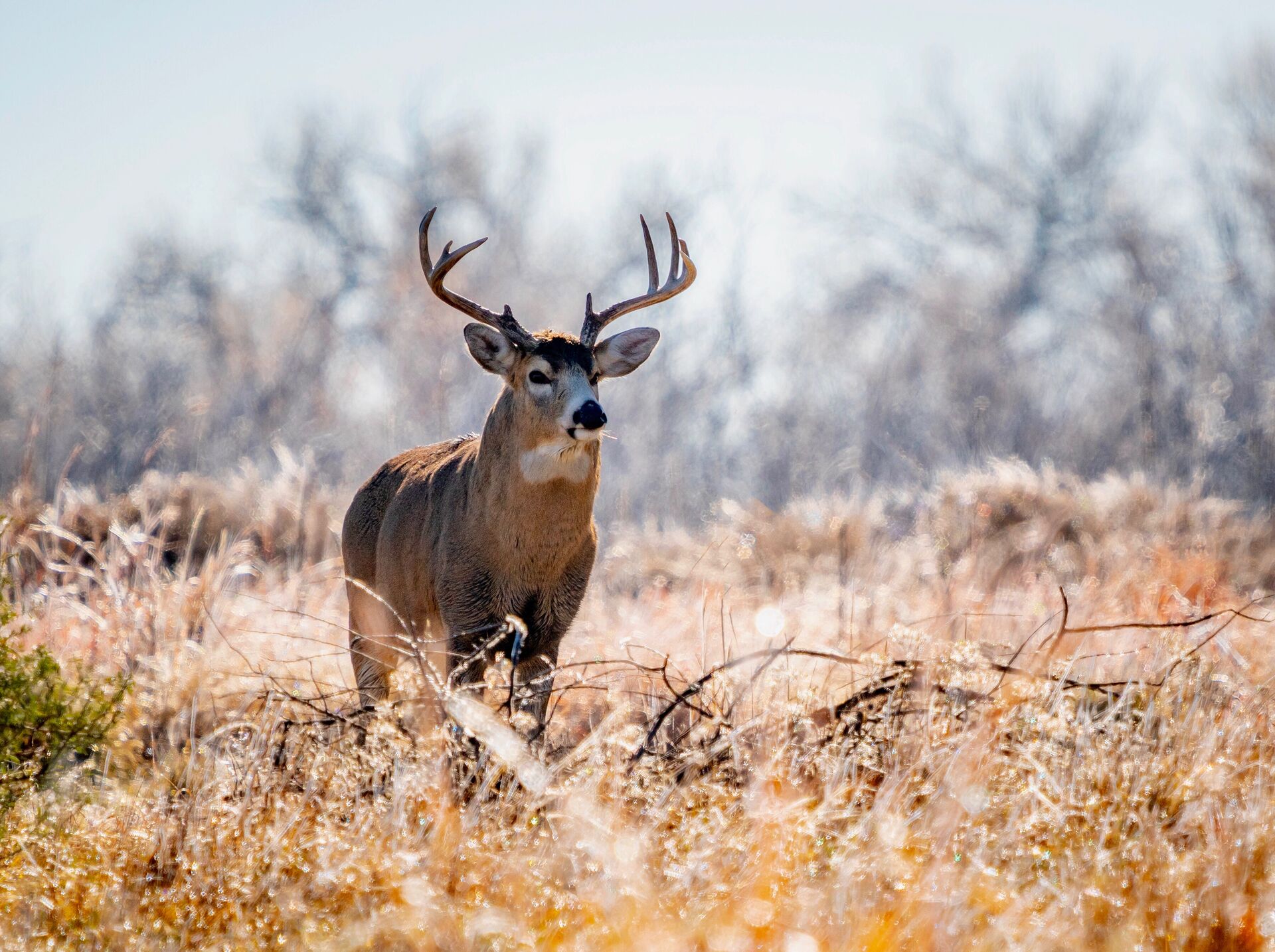
Knowing How to Choose a Rifle Scope for Deer Hunting Can Help You Tag Out
The proper rifle scope for deer hunting will change everything about the way you hunt. Consider factors like magnification, reticle options, and durability when choosing one. Then, practicing with your chosen scope will ensure you're ready when your buck shows up.
In addition to carrying the right equipment for your hunt, make sure you also have a foundational understanding of hunting safety to take with you into the field. For expert tips on leveling up your hunting safety skills, enroll in a hunter safety course through Hunter-Ed.
Our online courses equip hunters with the knowledge they need for safer and more successful hunting trips. Plus, completing one of our courses meets the requirements for hunter education in states where it's required before getting a hunting license!
Be prepared for a successful hunt with the right rifle scopes and hunter education. Choose the course for your state and start learning.

